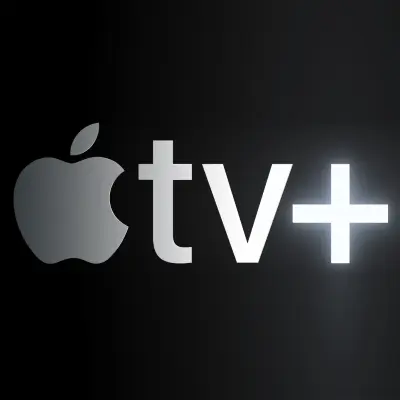Severance offers a road map for organizing workers
-

"Severance is a sneaky paean to worker solidarity, and the heart of the show is a metaphor for how workers come together in the face of oppression," Caitlin PenzeyMoog says of the Apple TV+ series. "Mark’s compliance is first shaken by the expulsion of his work bestie, Petey (Yul Vazquez). The loss awakens a quiet recalcitrance because that’s what makes work palatable: Your coworkers become your friends and, given enough trauma bonding, your comrades. While the workplace sitcom has been a staple of TV for decades, no show about work has captured quite so accurately how damaging work can be in real life. You don’t work at the Cheers bar, and you don’t work for Leslie Knope. You are not Jim Halpert; most likely, you are Stanley Hudson, painfully aware of the stupidity of your labor. Lumon may represent a particularly hellish version of the office, but it doesn’t have to stray far from reality to depict the cruelty of work. The workplace is already dystopian...Because as we know in our bones and Severance makes clear, we are our jobs, every sh*tty minute. We speak of 'work-life balance' because we know work is opposed to life. When Mark tells Helly he just hopes he has things he cares about outside of Lumon, it’s because he knows his job is not one of those things. For all the fantastical elements in Severance, the only real science fiction is the consciousness-searing technology facilitating ever-greater worker compliance. The suffering at work, and the characters’ futile attempts to separate work from everything else, is the lived reality of millions of us in the real world."
ALSO:
- How Severance will divvy up its Emmy contenders: Adam Scott and Britt Lower will be submitted as leads, while Patricia Arquette, John Turturro, Zach Cherry, Tramell Tillman and Jen Tullock will try to compete in the supporting categories.
- Severance gets The Office opening credits treatment
- Nine burning questions about Severance's finale
TOPICS: Severance, Apple TV+, The Office (US)
